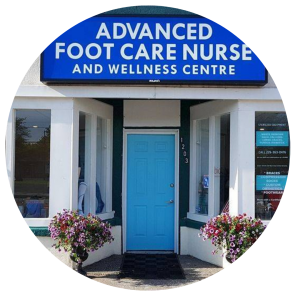HELP for your Achilles Tendinitis Pain?

- Janis Boudreau
Do you sometimes get consumed with anxious, panicked, or nervous feelings?
Take control fast with these quick tricks!
Changing what you’re doing with your body helps change your mind.
Begin by rating your feelings on a scale from zero to 10, with zero being completely calm and 10 extremely struggling and needing medical help.
Now, begin with a few techniques and notice how each takes you backwards to zero and being calm.
Achilles Tendinitis
Now, if the pain is behind your ankle just above the heel, then it is likely that you have developed an injury or inflammation of the Achilles Tendon—the largest tendon in the body.This strong band of tissue connects your heel bone to your calf muscles and moves your foot up and down, so it can also be damaged from overuse. Repetitive strain causes tiny fibers in the Achilles to fray and tear. And when these fibers break down, the body responds with inflammation and swelling in the area.Discomfort caused by Achilles tendinitis can range from a dull, mild ache to significant pain, which can begin when performing physical activities and often worsens right after you have completed those activities. Once you’ve had time to rest, pain usually dissipates.
Other common symptoms include:
- Stiffness
- Tenderness
- Thickening of the tendon at the site of the injury
- Bone spurs in the area where the tendon inserts into the heel
The plantar fascia, heel bone, and Achilles tendon are a continuous unit. So problems in one area can end up affecting other parts of your foot as well. That means remedies such as stretching the calf muscles can help both situations.
But if the Achilles tendon is completely torn during an injury, it may require surgery.
Achilles tendinitis is a type of overuse injury of the Achilles tendon, which is the tendon connecting the calf muscles to the heel. This type of injury commonly occurs in runners who increase the intensity of their workouts. Symptoms for this condition start off as a mild ache in the back leg or above the heel. Some people experience tenderness around the area in the morning, however this feeling tends to improve over time. If you suspect you have Achilles tendinitis, you doctor may order an x-ray to show whether your Achilles tendon has calcified. Common treatment options for this condition include rest, ice, exercise, and non-steroidal anti-inflammatory medication.
We offer a medical compression sleeve and heel cup that can aid in your recovery.
Feel free to stop in our Footcare Clinic for some assistance.
“Your One Stop Foot Shop”



